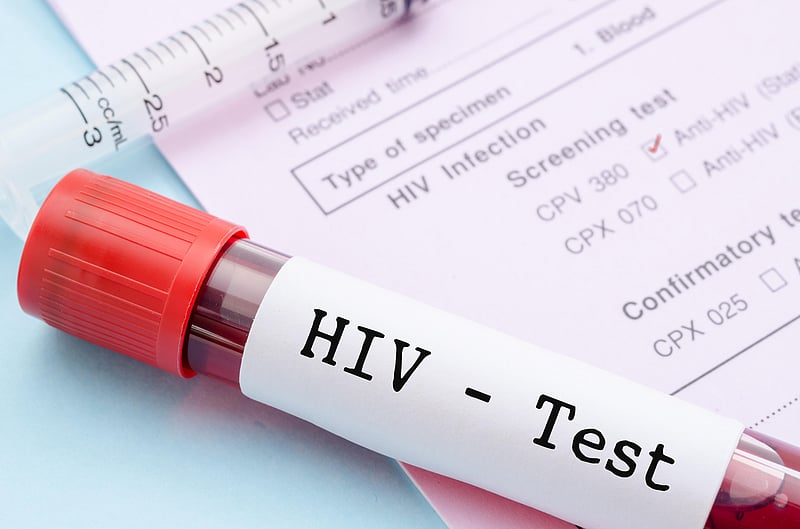Get Healthy!

- Cara Murez
- Posted July 20, 2023
European Man May Be 6th Person to Be 'Cured' of HIV
It's rare for someone with HIV to go into remission and be considered "cured," but a European man may be the sixth to do so.
First diagnosed with HIV in 1990, the man had been taking antiretroviral drugs since 2005 and received a stem cell transplant two years ago to treat a rare type of blood cancer.
Known as the "Geneva patient,"the Swiss man in his 50s is one of only six people who are considered to be definitely or possibly cured of HIV. The others had also received stem cell transplants for blood cancers, NBC News reported.
While the first five received the transplant from a donor with a rare genetic abnormality that is resistant to HIV, this man did not, NBC News reported.
The case is "great news,"Dr. Sharon Lewin, president of the International AIDS Society (IAS), told NBC News, and it may "help in many ways in the work toward a cure."
Scientists will hear more about the case at the IAS Conference on HIV Science, being held from July 23 to 26 in Brisbane, Australia.
The patient was treated with radiation, chemotherapy and the stem cell transplant after being diagnosed in 2018 with the blood cancer called extramedullary myeloid tumor, NBC News reported.
A research team led by Asier Sáez-Cirión, head of the viral reservoirs and immune control unit at the Institute Pasteur in Paris, has overseen the case.
The remission does not guarantee there is no possibility of viral rebound, even though the man was taken off antiretrovirals in November 2021.
The patient has undergone highly sensitive tests looking for signs of HIV in his body. So far, Sáez-Cirión and others have found just trace amounts of defective virus, NBC News reported.
"The possibility of viral rebound is indeed a concern,"Sáez-Cirión told NBC News. "The virus may persist in rare infected blood cells or anatomical sites that we have not analyzed."
This case may "suggest that what we once assumed was impossible might in fact be possible,"Dr. Steven Deeks, a leading HIV researcher at the University of California, San Francisco, told NBC News.
"Eliminating most, if not all, of the reservoir with chemotherapy was certainly the key intervention,"Deeks said.
The man also had repeated episodes of graft-versus-host disease, NBC News reported. This immune reaction can occur after a stem cell transplant and is dangerous, Deeks said, but "the newly rebuilt immune system may have been attacking and clearing the old immune system, including any residual T-cells harboring HIV."
The patient continues to receive immunosuppressive drugs to prevent graft-versus-host disease and this may be preventing replication of any residual HIV, Sáez-Cirión noted.
Several other patients who previously received stem cell transplants from donors without the rare genetic mutation have had the virus resurge months after stopping antiretroviral treatment and were not cured, NBC News reported.
Scientists think it will still take decades to develop an HIV cure. It's considered unethical to do a stem cell transplant on someone who does not have cancer because the treatment is so toxic.
HIV can also hide in non-replicating immune cells, even when the disease is suppressed by antiretrovirals. Current treatment only works on cells that are actively producing new viral copies, NBC News reported.
At the IAS conference, scientists will hear about post-treatment control of HIV in infant boys, the impact of circumcision on HIV risk in gay men and the relationship between HIV and mpox, NBC News reported.
More information
The U.S. Centers for Disease Control and Prevention has more on HIV.
SOURCE: NBC News, July 19, 2023







